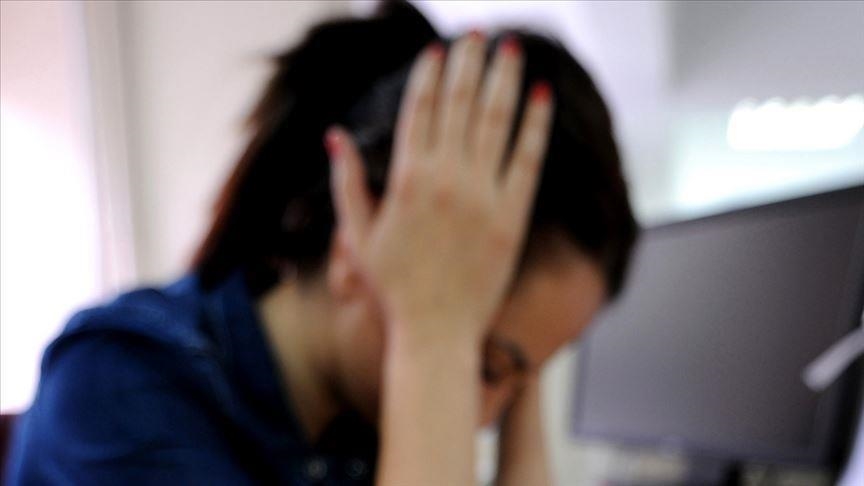Estimated 1.2B workdays lost yearly due to depression, anxiety: UN agencies
COVID-19 triggered 25% increase in general anxiety, depression worldwide, according to WHO, ILO

GENEVA
An estimated 12 billion workdays are lost annually due to depression and anxiety, costing the global economy nearly $1 trillion, UN agencies said on Wednesday.
In a report, the World Health Organization (WHO) and International Labor Organization (ILO) outlined new global guidelines on mental health at work, reinforced by practical strategies.
The two UN agencies called for concrete actions to address mental health concerns in the working population.
A separate report by the WHO and ILO found that COVID-19 triggered a 25% increase in general anxiety and depression worldwide, exposing how unprepared governments were for its impact on mental health.
It revealed a chronic global shortage of mental health resources. In 2020, governments worldwide spent an average of just 2% of health budgets on mental health, with lower-middle income countries investing less than 1%.
“It’s time to focus on the detrimental effect work can have on our mental health,” said Tedros Adhanom Ghebreyesus, WHO director-general.
“The well-being of the individual is reason enough to act, but poor mental health can also have a debilitating impact on a person’s performance and productivity,” Tedros said.
Mental health protection
“These new guidelines can help prevent negative work situations and cultures and offer much-needed mental health protection and support for working people.”
For the first time, WHO recommends manager training to build capacities to prevent stressful work environments and respond to workers in distress.
WHO’s World Mental Health Report, published in June 2022, showed that of 1 billion people living with a mental disorder in 2019, 15% of working-age adults experienced a mental illness.
Work amplifies broader societal issues that negatively affect mental health, including discrimination and inequality.
Bullying and psychological violence, also known as “mobbing”, are critical complaints of workplace harassment that harm mental health.
Yet the report says that discussing or disclosing mental health remains taboo in work settings globally.
The guidelines also recommend better ways to accommodate the needs of workers with mental health conditions.
They propose supporting their return to work and providing interventions that facilitate entry into paid employment for those with severe mental health conditions.
“Importantly, the guidelines call for interventions to protect health, humanitarian, and emergency workers,” the WHO and the ILO said.
Anadolu Agency website contains only a portion of the news stories offered to subscribers in the AA News Broadcasting System (HAS), and in summarized form. Please contact us for subscription options.







